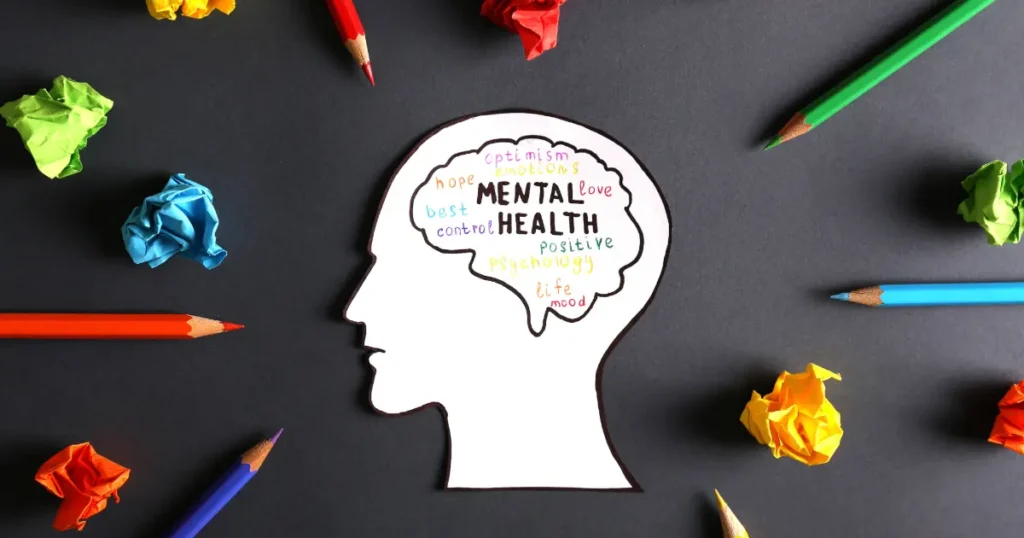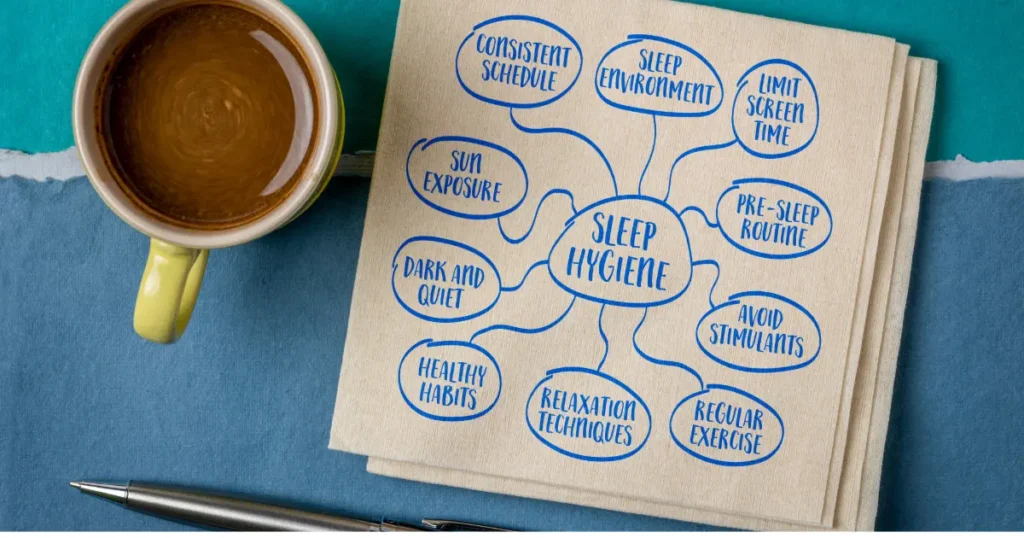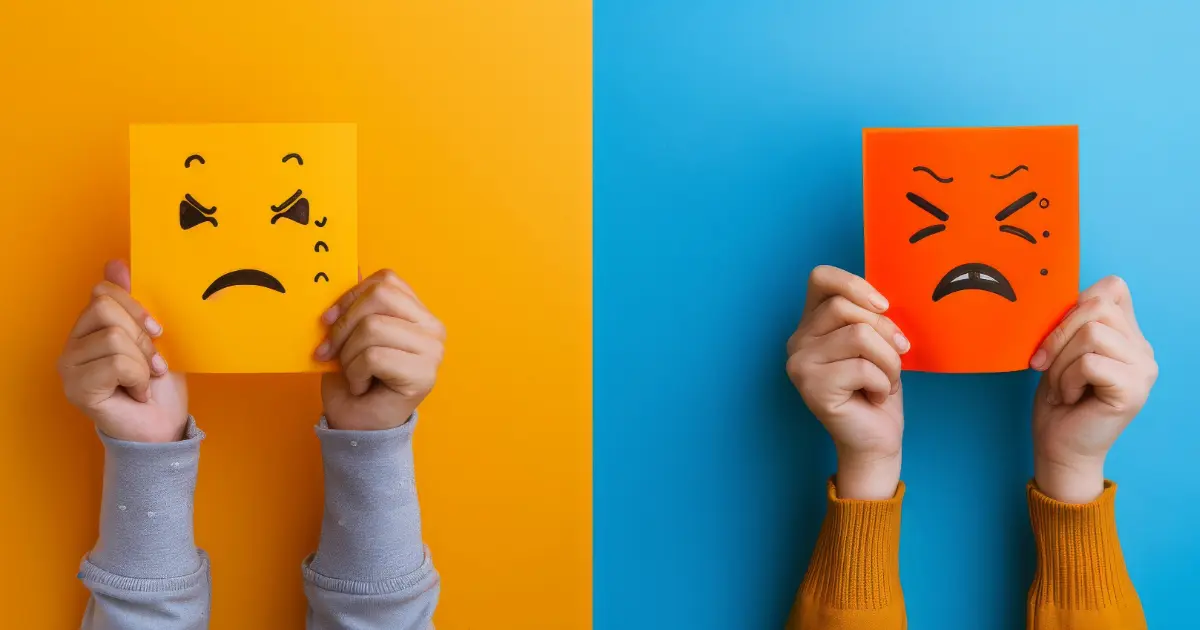In today’s challenging world, mental health issues are rising across the world. More and more people are experiencing anxiety, depression, and stress-related disorders than ever before. While traditional psychiatry often focuses on medication and therapy.
There is a growing interest in the new approach: Lifestyle Psychiatry. This field underline the role of lifestyle choices—what we eat, how much we exercise, and even our social habits in maintaining and improving mental health.
The Growing Importance of Mental Health

Mental health is increasingly recognized as crucial to overall wellbeing. With the stigma surrounding issues due to mental health are slowly fading away, more people are seeking help for these issues. This shift is crucial because as mental health profoundly impacts everything from physical health to personal relationships and professional success.
Core Principles of Lifestyle Psychiatry
Focus on Prevention and Wellness
Unlike traditional psychiatry, which often addresses symptoms after they appear, Lifestyle Psychiatry focuses on prevention. It stresses on maintaining a healthy lifestyle to prevent mental health issues before they occur, similar to how one might manage heart health through diet and exercise.
Integrating Mind and Body Health
Lifestyle Psychiatry understands the link between mind and the body. It also recognizes that mental health doesn’t exist in a vacuum; it’s deeply interconnected with physical health. This holistic approach aims to treat the whole person and not just symptoms.
Key Lifestyle Factors Affecting Mental Health

Nutrition and Diet
What we eat will impact significantly on how we feel. The connection between diet and mental health is becoming increasingly evident, and certain foods can help boost our mood and overall mental well-being.
The Gut-Brain Connection
The gut is often referred to as the “second brain” because of its impact on mental health. A healthy gut can improve mood and cognitive function, while an unhealthy gut can contribute to anxiety and depression. Probiotics and a diet rich in fiber can support a healthy gut microbiome.
Foods that Boost Mental Health

Certain foods are known to boost mental health. Omega-3 fatty acids, found in fish, are essential for brain health. Foods rich in antioxidants, like berries, help reduce inflammation in the brain. Whole grains provide a steady source of energy, preventing mood swings.
Physical Activity
Exercise isn’t just good for the body; it’s excellent for the mind. Physical activity has been shown to reduce symptoms of anxiety and depression and improve overall mood.
Exercise increases the production of endorphins, chemicals in the brain that act as natural painkillers and mood elevators. It also promotes the growth of new brain cells and connections, which can improve cognitive function and reduce the risk of cognitive decline.
Also Read: 8 Spiritual Wellness Activities for Students
Different types of exercises offer various mental health benefits. Aerobic exercises like running and swimming are great for reducing anxiety, while strength training can boost self-esteem. Yoga and tai chi promote relaxation and reduce stress.
Sleep Hygiene

Sleep is an important component of mental health. Lack of sleep can lead to irritability, anxiety, and depression, while good sleep can enhance mood and cognitive function.
Importance of Quality Sleep
Quality sleep is essential for mental health. It allows the brain to repair and regenerate, process information, and manage emotions. Sleep deprivation can lead to severe mental health issues, including depression and anxiety.
Improving sleep hygiene can enhance mental health. Establishing a regular sleep schedule, creating a calming bedtime routine, and limiting exposure to screens before bed can promote better sleep. Reducing caffeine and alcohol intake can also improve sleep quality.
Stress Management

Stress is a natural part of life, but if not handled properly stress can have severe implications for mental health. Managing stress is also important for maintaining mental well-being.
Stress is the body’s response to challenges or demands. While short-term stress can be motivating, long-term stress can lead to mental health problems such as anxiety and depression. Understanding the causes of stress is the first step toward managing it.
There are various techniques for managing stress, including mindfulness, relaxation exercises, and time management strategies.
The Role of Social Connections in Mental Health
Loneliness can have a profound impact on mental health. It increases the risk of depression, anxiety, and even physical health problems. Building and maintaining strong social connections is crucial for mental well-being.
Building strong social networks involves nurturing relationships with family and friends, participating in community activities, and seeking out supportive social environments. Social support can provide comfort during difficult times and enhance overall mental health.
The Power of Mindfulness and Meditation
Mindfulness involves being present in the moment without judgment. It has been shown to reduce stress by calming the mind and body. Mindfulness practices can help individuals become more aware of their thoughts and feelings, leading to better emotional regulation.
There are various forms of meditation, including mindfulness meditation, loving-kindness meditation, and body scan meditation. Each type offers unique benefits, such as reducing anxiety, improving focus, and promoting emotional well-being.
Digital Detox: Managing Screen Time for Better Mental Health

Excessive screen time can negatively impact mental health. It can lead to sleep disturbances, increased stress, and feelings of isolation. Managing screen time is crucial for maintaining mental well-being.
A digital detox involves setting boundaries for screen time, taking regular breaks from technology, and engaging in offline activities. Practicing a digital detox can reduce stress, improve sleep, and enhance overall mental health.
Conclusion
Lifestyle Psychiatry offers a promising approach to mental health care by addressing the underlying lifestyle factors that contribute to mental well-being.
By focusing on prevention, personalization, and a holistic approach, it provides a comprehensive way to improve mental health.
As more people and healthcare providers accept this approach, it has the potential to transform the way we think about and treat mental health.
Frequently asked questions (FAQ’S)
What is Lifestyle Psychiatry?
Lifestyle Psychiatry is a branch of psychiatry that focuses on how lifestyle factors such as diet, exercise, sleep, and stress management impact mental health.
How can I start incorporating lifestyle changes for better mental health?
Start by making small changes, such as eating a balanced diet, getting regular exercise, and practicing stress management techniques like mindfulness and meditation.
Can lifestyle changes replace medication for mental health conditions?
While lifestyle changes can significantly improve mental health, they may not replace medication for everyone. It’s essential to consult with a healthcare provider to determine the best treatment plan.
Are lifestyle changes effective for all mental health conditions?
Lifestyle changes can benefit a wide range of mental health conditions, but their effectiveness may vary depending on the individual and the condition. Consulting with a healthcare provider is essential to determine the best approach.

